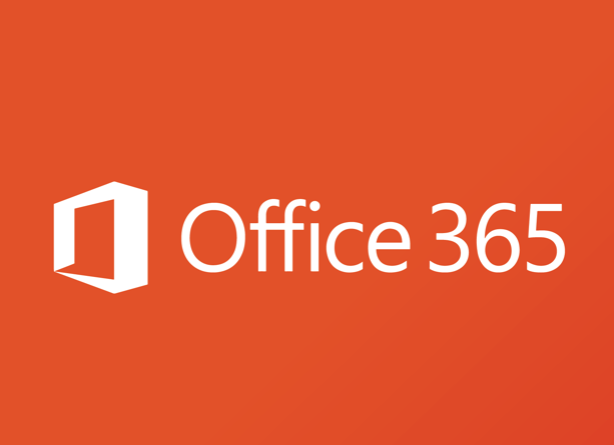eDiscovery Daily Blog
Here’s Another Survey to Check Out on the eDiscovery Uses and Capabilities of Office 365: eDiscovery Best Practices
A survey a day keeps the…blog posts written! Yesterday, we covered the survey on Rob Robinson’s Complex Discovery site regarding predictive coding technologies and protocols. Today, here is another survey worth participating in regarding the use of Microsoft Office 365’s eDiscovery capabilities.
On his Techno Gumbo blog, my colleague Tom O’Connor poses the question: Can eDiscovery Really Be Done Within Microsoft Office 365? Help Us Find Out. (Okay, that’s a question and a statement, but anyway…)
Tom is working with Don Swanson, president of Five Star Legal, to find out just how many firms out there are actually using Office 365 for eDiscovery. Most people know Office 365 as a software-as-a-service (SaaS) offering of email, word processing, spreadsheet and presentation applications. Office 365 and the Microsoft Cloud are not only used by most of the Fortune 500, it’s also used by many federal, state and local governments and educational institutions – and a growing number of businesses of any size. To that end, they have come up with the O365 Challenge, a successor to the 2009 EDna Challenge posed by noted eDiscovery thought leader Craig Ball (which he reprised in 2016) and Tom’s 2011 follow up to that, the Ernie Challenge.
Like EDna and Ernie, the matter in question still has a budget restriction but all relevant data now resides within Microsoft Office 365. Tom and Don really want to know if Office 365’s eDiscovery capabilities are for real, whether litigants can achieve the goals outlined in EDna and Ernie within Office 365 and whether big case eDiscovery processes can be handled within Office 365 on a small budget.
As with any good challenge, Tom provides on his blog the hypothetical scenario and describes the challenge, which includes several goals identified by the company general counsel noted in the hypothetical. Then, Tom and Don have built a survey which asks about eDiscovery capabilities in Office 365, including each of the phases of the EDRM model.
Tom provides a link to the five-question survey in the post in SurveyMonkey (check the post link above to get it) and survey responses submitted before October 15 will be included in the white paper detailing the Microsoft Office 365 Challenge findings which Don and Tom will publish sometime in Q4. You can also just send your comments directly to Don or Tom to include them in the final report.
While more and more organizations are using Office 365, I’m not sure they are fully using the eDiscovery capabilities of it, nor am I sure that they are finding those capabilities sufficient to accomplish what they need to accomplish to meet their eDiscovery burdens and goals. I’ll be looking forward to the white paper to see what people have to say about it.
P.S.: For more about Tom and his latest video with Craig regarding Forensic Examination Protocol, click here.
So, what do you think? Does your organization use Office 365? If so, does it use its eDiscovery capabilities and find them useful? Please share any comments you might have or if you’d like to know more about a particular topic.

Image Copyright © Microsoft Corporation
Sponsor: This blog is sponsored by CloudNine, which is a data and legal discovery technology company with proven expertise in simplifying and automating the discovery of data for audits, investigations, and litigation. Used by legal and business customers worldwide including more than 50 of the top 250 Am Law firms and many of the world’s leading corporations, CloudNine’s eDiscovery automation software and services help customers gain insight and intelligence on electronic data.
Disclaimer: The views represented herein are exclusively the views of the author, and do not necessarily represent the views held by CloudNine. eDiscovery Daily is made available by CloudNine solely for educational purposes to provide general information about general eDiscovery principles and not to provide specific legal advice applicable to any particular circumstance. eDiscovery Daily should not be used as a substitute for competent legal advice from a lawyer you have retained and who has agreed to represent you.

